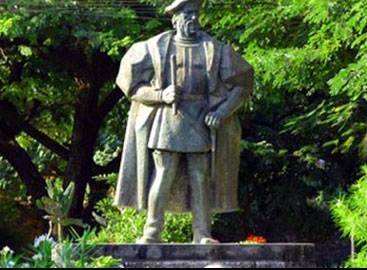
Daman, a coastal enclave in Western India, is part of the Union Territory of Daman and Diu. Known for its scenic beauty, Daman boasts picturesque beaches like Devka and Jampore, which attract tourists seeking a tranquil escape. The region's rich history is reflected in its colonial architecture, with landmarks such as the Moti Daman Fort and the Cathedral of Bom Jesus. Daman's cultural tapestry is woven with vibrant festivals, traditional crafts, and delectable cuisine. Its strategic location, close to major cities like Mumbai and Surat, makes it a popular weekend getaway. The local economy thrives on tourism, fishing, and industry.
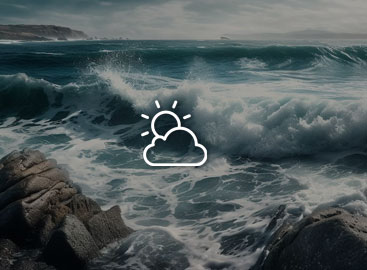
Daman, a coastal region in Western India, experiences a tropical monsoon climate. The weather is generally warm and humid throughout the year. Summers, from March to June, are hot with temperatures ranging from 25°C to 35°C. The monsoon season, from June to September, brings heavy rainfall and cooler temperatures, providing relief from the summer heat. Winters, from November to February, are mild and pleasant, with temperatures ranging from 15°C to 30°C. The best time to visit Daman is during the winter months when the weather is most comfortable for outdoor activities and sightseeing.
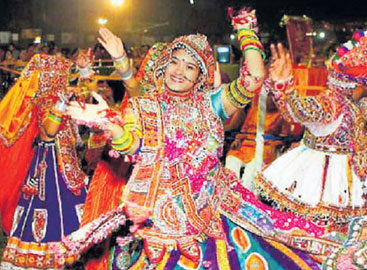
Daman celebrates several festivals that highlight its cultural diversity. Key festivals include Nariyal Purnima, where coconuts are offered to the sea deity, and Christmas, marked with vibrant decorations and church services due to its Portuguese heritage. Diwali brings joy with lights and fireworks, symbolizing the triumph of light over darkness. Other Hindu festivals like Holi, Navratri, and Ganesh Chaturthi are also observed with enthusiasm. National events such as Republic Day and Independence Day further unite the community in celebration, showcasing Daman's rich cultural tapestry and communal harmony.
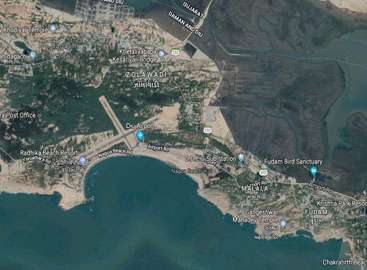
Daman is located on the western coast of India, nestled between the states of Gujarat to the north and Maharashtra to the south. Positioned along the Arabian Sea, it spans an area of approximately 72 square kilometers. Daman's strategic coastal location has historically made it a significant trading post and a gateway for maritime activities. Its proximity to major cities like Mumbai and Surat enhances its accessibility and attractiveness as a tourist destination. The region's scenic beauty, characterized by sandy beaches and historical landmarks, further contributes to its appeal as a coastal getaway.
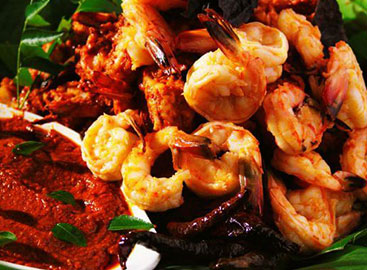
Daman's cuisine is a delightful blend of local Gujarati, Maharashtrian, and Portuguese influences, enriched by its coastal location. Seafood, including fresh fish curry and prawn balchao, dominates menus alongside dishes like dhokla and puran poli that reflect regional diversity. Portuguese-inspired favorites such as vindaloo and sorpotel add a unique flair to the culinary offerings. Sweet treats like bebinca and dudhi halwa satisfy dessert cravings, complementing the rich tapestry of flavors that Daman offers. Whether enjoying local street food or dining in its vibrant restaurants, visitors can experience a culinary journey that mirrors Daman's cultural fusion and coastal charm.
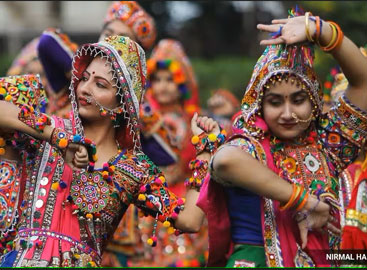
Daman's culture reflects a blend of indigenous traditions, Portuguese influences, and a vibrant local ethos. Festivals like Nariyal Purnima and Diwali celebrate spiritual connections and community bonds, while Christmas highlights the region's colonial heritage with decorated churches and festive cheer. The cuisine, enriched by seafood and Portuguese flavors, is a testament to cultural fusion. Traditional arts and crafts thrive, showcasing skills in pottery, weaving, and woodwork. Music and dance, including folk performances, add rhythm to local celebrations. Daman's cultural landscape is further adorned by historical forts, churches, and vibrant festivals that embody its rich and diverse cultural tapestry.
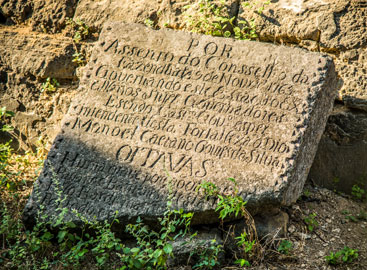
Daman has a rich and diverse history shaped by its strategic coastal location and centuries of cultural influences. Originally inhabited by indigenous tribes, Daman's history gained prominence with its conquest by the Portuguese in the 16th century. The Portuguese established control over the region, constructing forts and churches that still stand today as iconic landmarks. Daman became an important trading outpost for the Portuguese empire, connecting Europe with India's western coast. Over the centuries, it witnessed battles and negotiations, eventually becoming part of independent India in 1961. Today, Daman's historical legacy is preserved in its architecture, traditions, and cultural heritage, making it a fascinating destination for history enthusiasts.